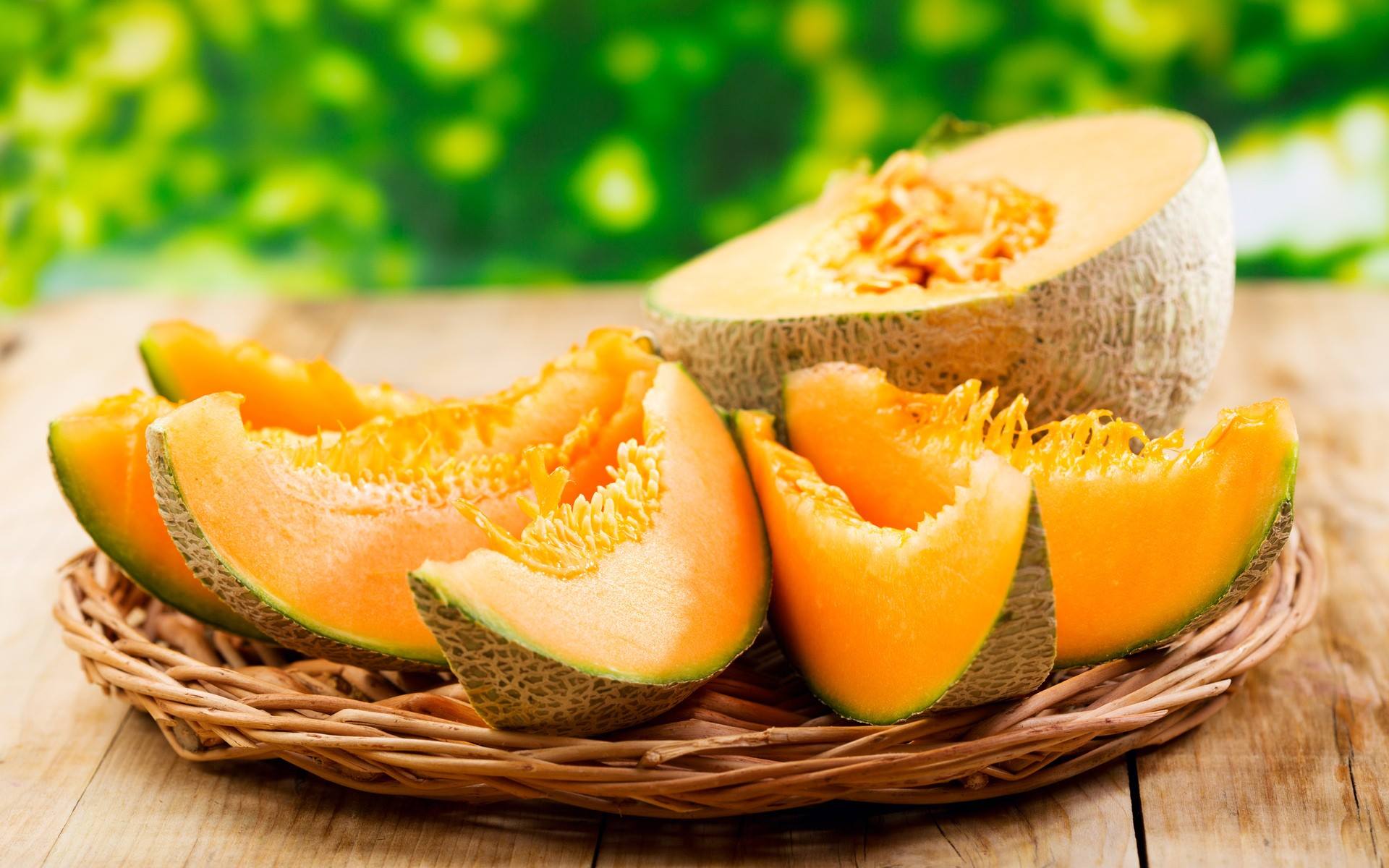Early summer means the beginning of Cantaloupe season and time to enjoy classics like ‘melon with Parma ham’ and ‘melon with Port wine’.
Sometimes called muskmelon because of its deliciously rich flavour, Cantaloupe got its name from the summer papal residence of Cantalupo, Italy, which was particularly renowned for the quality of its melons. Today, Cantaloupe is one of the most common fruits but its full health benefits may not have been fully understood, and often taken for granted.
What's all the fuss about Cantaloupe?
Very low in calories, (one slice of cantaloupe contains only 35 and a whole melon contains 277 calories), yet it is packed with numerous health promoting poly-phenolic plant derived substances, vitamins and minerals that are required for optimum health.
Cantaloupe is high in beta carotene (much higher than oranges) which your body converts in to vitamin A. One slice of cantaloupe will provide you with 112 % of your daily requirement for Vitamin A, a powerful antioxidant and essential for cell growth and repair, eyesight and healthy skin.
It is also rich in antioxidant flavonoids such as zeaxanthin, which help protect cells and other structures in the body from free radicals and hence degenerative diseases such as cancer. Zeaxanthin, is selectively absorbed into the retinal macula lutea in the eye where it is thought to provide antioxidant and protective light-filtering functions; thus it protects eyes from ‘Age related macular degeneration’.
Why not try a different approach to eating cantaloupe? Because it is full of enzymes that help with digestion, I like it as a simple starter, just cubed with freshly ground black pepper over to taste. Works best with a very ripe, sweet cantaloupe.